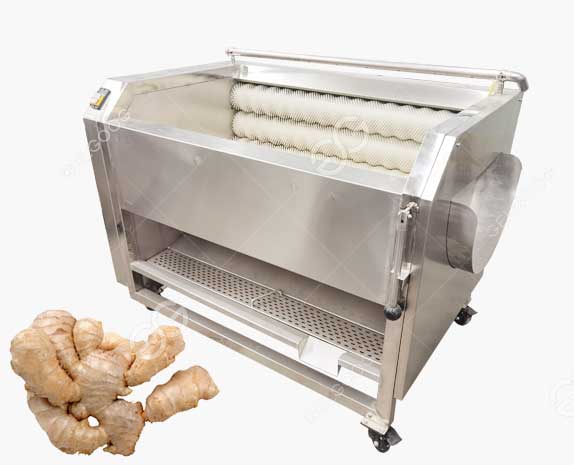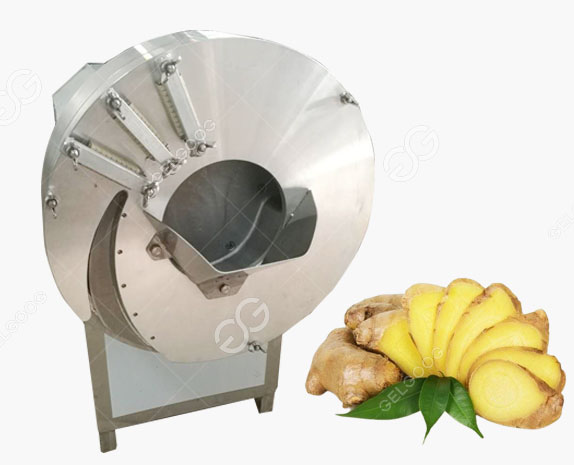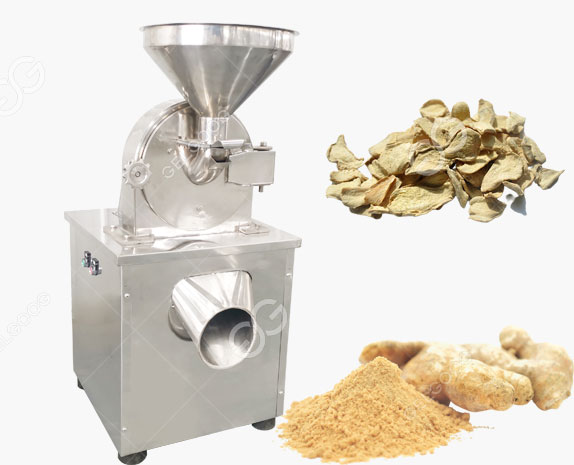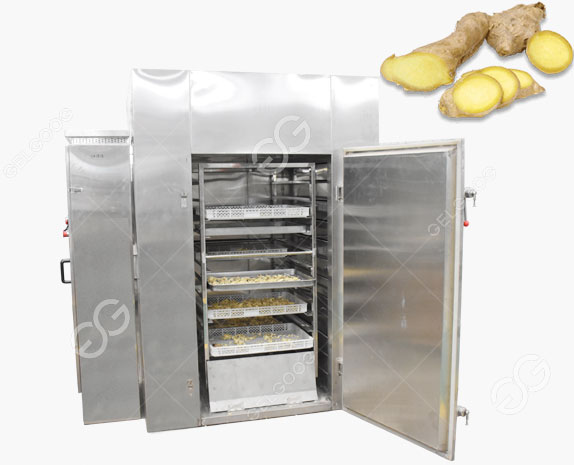Ginger is a true superstar of the natural health and culinary world. From soothing upset stomachs to adding a fiery kick to stir-fries, its uses are as diverse as they are popular. But fresh ginger has a short shelf life. This is where the magic of a ginger dehydration plant comes in. More than just a processing facility, it's a hub that transforms this potent rhizome into a stable, versatile, and incredibly valuable product. Let's explore the key benefits.
1. Drastically Extended Shelf Life & Reduced Waste
This is the most immediate and obvious benefit. Fresh ginger is highly perishable, often wilting or molding within a few weeks. A dehydration plant solves this problem. By removing the moisture that bacteria and microbes need to thrive, the plant preserves ginger for months or even years without the need for refrigeration. This drastically reduces post-harvest waste, ensuring that the hard work of farmers doesn't literally rot away. It allows ginger to be stored and transported easily, making it available year-round, regardless of the harvest season.
2. Concentration of Flavor and Nutrients
The dehydration process doesn't just preserve ginger; it intensifies it. Removing water concentrates the natural oils, particularly gingerol (the main bioactive compound responsible for its medicinal properties), and the signature spicy, aromatic flavor. This means a little powdered or dried ginger goes a much longer way in recipes. While some heat-sensitive vitamins like Vitamin C may diminish, the core bioactive compounds and minerals remain highly potent, retaining ginger's celebrated health benefits.
3. Economic Empowerment and Value Addition
For ginger-growing regions, a ginger dehydration plant is a powerful economic engine. Instead of just selling raw ginger at commodity prices (which can be volatile), farmers and entrepreneurs can add value. Processed, dried ginger—whether as powder, slices, or granules—commands a significantly higher price per kilogram on the local and international market. This creates jobs within the plant, boosts local economies, provides a more stable income for farmers, and opens doors to exporting a non-perishable, high-value product globally.
4. Unleashing Versatility for Diverse Industries
A dehydration plant doesn't just produce one product. It creates ingredients for a multitude of industries:
Food & Beverage: Ginger powder is a key ingredient in baked goods, curry powders, soups, and spice blends. It's also used in teas, ginger ale, and health shots.
Pharmaceuticals & Nutraceuticals: The concentrated powder is encapsulated into dietary supplements for nausea relief, anti-inflammatory support, and digestion.
Animal Feed: Ginger powder is sometimes used as a natural health supplement for livestock.
This diversification makes the plant's output more resilient to market fluctuations.
In a nutshell, a ginger dehydration plant is far more than a factory. It's a crucial link in the chain that minimizes waste, maximizes value, and delivers the powerful benefits of ginger to consumers around the world in a convenient, shelf-stable form. It’s a win for farmers, businesses, and health-conscious consumers alike.




